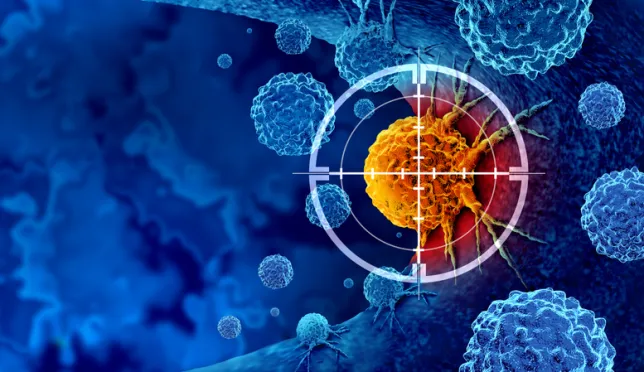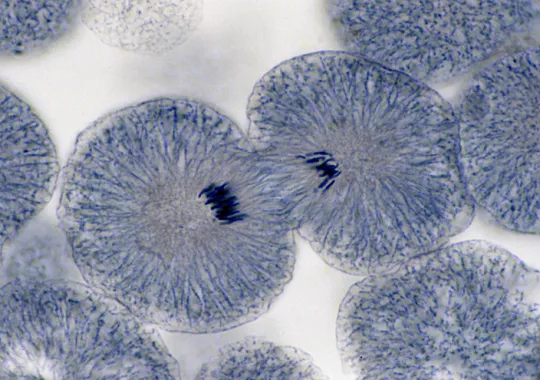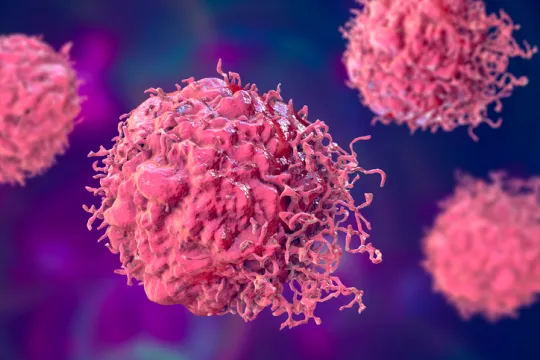
Scientists have achieved a monumental breakthrough with the development of a revolutionary “miracle molecule” that could represent the holy grail of cancer treatment. This innovative compound demonstrates the remarkable ability to eliminate solid cancer tumors while preserving surrounding healthy cells.
Researchers at City of Hope, a leading U.S. cancer research and treatment center, made this groundbreaking discovery by targeting the previously thought “undruggable” proliferating cell nuclear antigen (PCNA) protein.
The mutated form of PCNA plays a critical role in tumor growth by facilitating DNA replication and repair in cancer cells. The research team developed a specialized molecule called AOH1996 that precisely identifies and neutralizes this mutated protein.
Early research indicates AOH1996 may effectively target all solid tumors while maintaining exceptional specificity that prevents damage to normal cells. This development could mark a transformative moment in oncology treatment.

The research team continues to investigate the molecular mechanisms of this potential cancer therapy in animal models while advancing a Phase 1 clinical trial in human patients.
A key question remains whether the final approved treatment will maintain its current oral formulation.
This scientific achievement represents twenty years of dedicated research. The therapy’s name, AOH1996, honors Anna Olivia Healey, born in 1996, who succumbed to cancer. Her legacy now inspires hope for countless others facing similar battles.

“Traditional targeted therapies often focus on single pathways, allowing cancer cells to develop resistance,” explained Dr. Linda Malkas, the study’s lead investigator and professor at City of Hope. “PCNA in cancer cells undergoes unique modifications that enabled us to develop this selective treatment.”
“Our approach is comparable to shutting down a major transportation hub exclusively for cancer cells while allowing normal cellular traffic to continue unaffected.”
Published in Cell Chemical Biology, the study demonstrates AOH1996’s efficacy against multiple cancer types in preclinical models, including breast, prostate, brain, ovarian, cervical, skin, and lung cancers.
“Results show promising tumor growth inhibition both as monotherapy and in combination with other treatments, without observed toxicity,” reported Dr. Malkas. “The compound is currently being evaluated in human clinical trials.”
Extensive testing across 70+ cancer cell lines revealed AOH1996’s unique ability to disrupt cancer cell reproduction while sparing healthy cells. The compound prevents replication of damaged DNA in cancer cells, triggering programmed cell death (apoptosis) without harming normal stem cells.

“PCNA was historically considered untreatable,” noted Dr. Long Gu, study co-author. “Our discovery that inhibiting mutated PCNA can address replication errors in cancer cells opens new possibilities for developing precision cancer therapies.”
Additional findings suggest AOH1996 may enhance cancer cells’ susceptibility to DNA-damaging agents, indicating potential for combination therapies.
“City of Hope’s unique research capabilities allow rapid translation of laboratory discoveries to clinical applications,” added co-author Professor Daniel Von Hoff.
The ongoing Phase 1 trial, initiated in October, will further elucidate the treatment’s mechanism to optimize clinical development and potential therapeutic applications.







